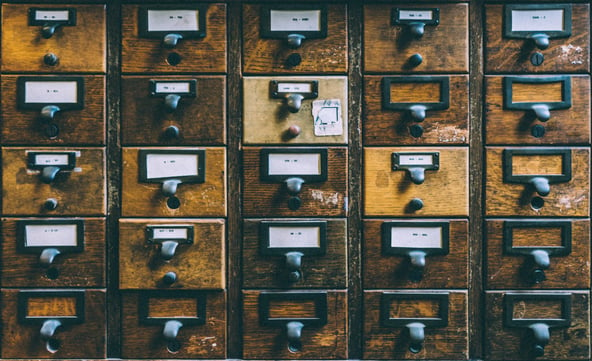Transparency, sharing data and information are the main problems in any Supply Chain, bringing about uncertainty, delays, misunderstandings, time-consuming, and serious productions miscalculations. Blockchain technology gives rise to more comprehensible, efficient, operative, and dynamic supply chains which enable more efficient benefit of resources for all involved parties.

What is Blockchain? It is a decentralised technology, meaning data is not stored in a single location but in digital ledger or blocks, which shows the history of a product whilst moving through the Supply Chain; Blockchain is a shared database in the cloud; all partners have access to this data, making the production process more agile and visible. The records are public via the Internet, so partners need to verify access to specific data.
Blockchain important features: High-speed implementation, scalable, wide-reaching, secure, manageable, predicting analytics, less managerial work, business partner accountability, reliability and visibility, guarantee quality standards.
Blockchain will:
Register activities in a chain of blocks.
Build a shared database.
Display the newest information whilst storing all the former records.
Make it possible all partners work on the same data, at the same time with no loss of data.
Changes are visible in real-time.
Track all of the previous changes in a block format.
Users can see old versions and monitor workflows all in one spot.
Make it virtually impossible to be manipulated, falsified, or hackable, as each new block is linked back to previous ones.
Build truthful transparency along the Supply Chain.
Product lifecycles become shorter as more partners can enter the Supply Chain, to constantly testing and supervising them.
Guarantee flowing processes, shorter lead times, fewer delays, stronger partner relationships, and a delighted customer.
Builds an ecosystem of data where all partners can share and coordinate vital information.
Cut down the time and cost of all sorts of global supply chains.
Blockchain can be used in any sort of Supply Chain where there is some kind of transfer of ownership, or can be deployed in the financial industry, making international payments more secure, proficient, and visible; Blockchain can improve food and drug traceability, and monitor shipping.
Dave Food
